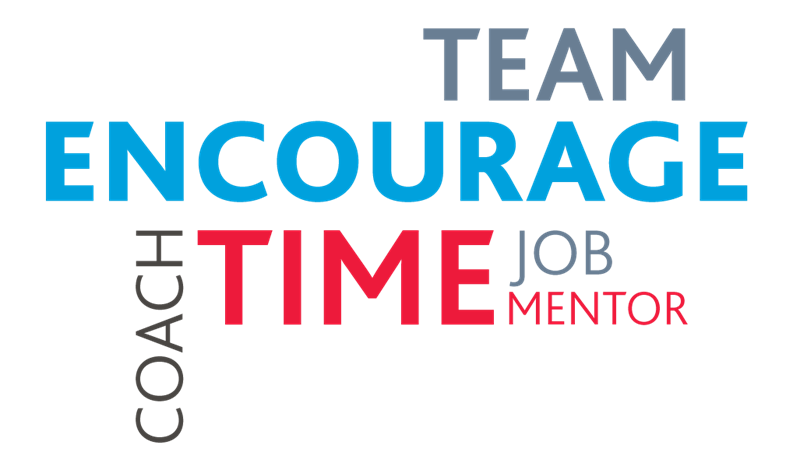It is not all about billable hours

When I came back to the accounting industry three years ago, I was surprised to find that middle management had little experience or training in managing people. Everyone focused on crunching numbers and getting their own work done, and leading others was not always seen as a big part of the job. It was a whole different ballgame than what I had experienced working in a bank the decades before.
My late mentor at the bank, Dieter Oesch, had shown me day-in and day-out how to lead people and solve people problems within an organization. Looking back, I am very grateful to him for the lessons I learned, and I put them to use every day.
With a lot of trial and error, (and a regular dose of additional management and leadership training for myself), I have come up with some best practices that I’d like to share with my colleagues in the accounting industry. I believe these best practices can help create a more constructive and productive work environment and decrease employee turnover in our industry.
#1-See managing people as part of your job
My first point sounds so plain and simple, but in a world of billable hours, it’s very easy to lose focus of the fact that managing people is part of the job. I am 100% convinced that humans need to be led and managed. Even if a soccer team has great players, it won’t function without a coach.
That’s why I argue that my employees must see the time they spend managing as equally valuable to billable time. It’s a part of the job, and the higher you are in the hierarchy, the more time you need to spend managing. If you don’t do that, your team will fail, or it will not be as good as it could be.
I want to be clear about one point here. Managing people doesn’t mean giving orders and constantly saying, “Do this, do that.” You cannot manage everybody at that level.
#2 - Give each new manager the tools he or she needs to do the job
Most of the people in our industry are young people. The average age in my department is about 32. These young people end up quickly taking on managerial roles, and, of course, we encourage them to take the managing part seriously. But if these young people haven’t been trained in management, they may not really know how to lead. Therefore, my second best practice is to give each new manager the tools he or she needs to do the job.
I send each new manager to a management coach during the first year on the job to learn the science of management – e.g. what does it really take to manage people? At the same time, I ask my managers to see a career and management coach who is there to listen to what the new manager experiences on a day-to-day basis. This happens for about six months, and I believe the training really helps. Most of the managers end the period with visibly better self-esteem, and they really have the tools they need to lead.
#3-Create a culture that tolerates mistakes
In our industry, we’re always looking for mistakes. We’re auditors, and we’re error-driven. With our focus on errors, they are not seen as something positive, for instance in the way the start-up scene addresses failure.
My third point is that I experience people as scared to make mistakes, and this is not the way it should be. They’re scared to report mistakes, and because they are auditors, they don’t allow themselves to make any mistakes.
I believe that failure is not the end of something – it’s the beginning. If you make a mistake, you have to learn from it. I say, “Look guys, I have made a lot of mistakes in my life, and I’m still here. It’s no big deal.”
What I do is try to give the tone from the top. Take the example of budget overruns. These are mistakes I don’t like. Not at all. Instead of placing blame, I ask questions because I want to understand why it happened to make sure it doesn’t happen again.
Another thing I do is have a separate meeting with the assistants after our staff meetings. These meetings are very important – the assistants tell me what’s really going on. And they feel more valued because I have listened to them.
It’s here again that I have to thank Dieter Oesch, my mentor and former manager at UBS. His way was so magical because he put people first. His door was always open.
I hope that I have lived up to what he would have wanted for me.
And I hope I can continue to do so in the future. I think I will succeed because I have created a golden rule for myself that may be interesting for you, too: “Listening to people is more important than answering email.”